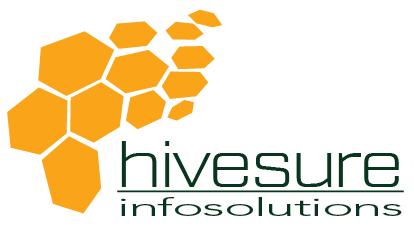In June 2023, Pune city witnessed a deeply disturbing event—a 20-year-old woman was brutally attacked by her former classmate in broad daylight, right in the midst of a bustling crowd. Despite the public setting, most bystanders chose silence. A nearby shopkeeper, rather than offering shelter, closed his doors, leaving the young woman defenseless. In the face of this horror, two courageous individuals chose to step in, risking their own safety to prevent a greater tragedy.
Their bravery is more than an act of heroism—it’s a powerful reminder of what society needs more of: people willing to act against injustice, even when it’s easier to look away.
This incident is not an anomaly—it mirrors countless moments of silent bystanding in the face of violence and harassment. Unfortunately, this pattern extends into our workplaces as well, where many hesitate to report or intervene in cases of sexual harassment due to fear, confusion, or lack of awareness.
This is where the Prevention of Sexual Harassment (PoSH) framework becomes critical. The Pune incident highlights an urgent need for widespread PoSH awareness—not only to empower individuals to act but also to ensure workplaces are equipped to prevent and respond to harassment effectively.
Understanding PoSH isn’t optional anymore—it’s essential. Organizations must take proactive steps by implementing robust PoSH policies, ensuring everyone knows their rights and responsibilities, and creating transparent, supportive mechanisms for reporting and addressing complaints.
At the heart of this is the PoSH Act, 2013, which mandates the formation and training of Internal Committees (ICs). These committees are vital in handling complaints with sensitivity, fairness, and legal precision. Proper IC training fosters a culture where harassment is acknowledged, addressed, and never tolerated.
Despite the Act’s clear mandates, we continue to see rising numbers of PoSH violations and organizational non-compliance. This is a red flag—and one we cannot afford to ignore.
In conclusion, the Pune incident serves as a powerful wake-up call. It urges us all—individuals, organizations, and communities—to recommit to building safer environments through effective PoSH education, policy enforcement, and active intervention. It’s time we stop being silent spectators and start being informed advocates for change.



